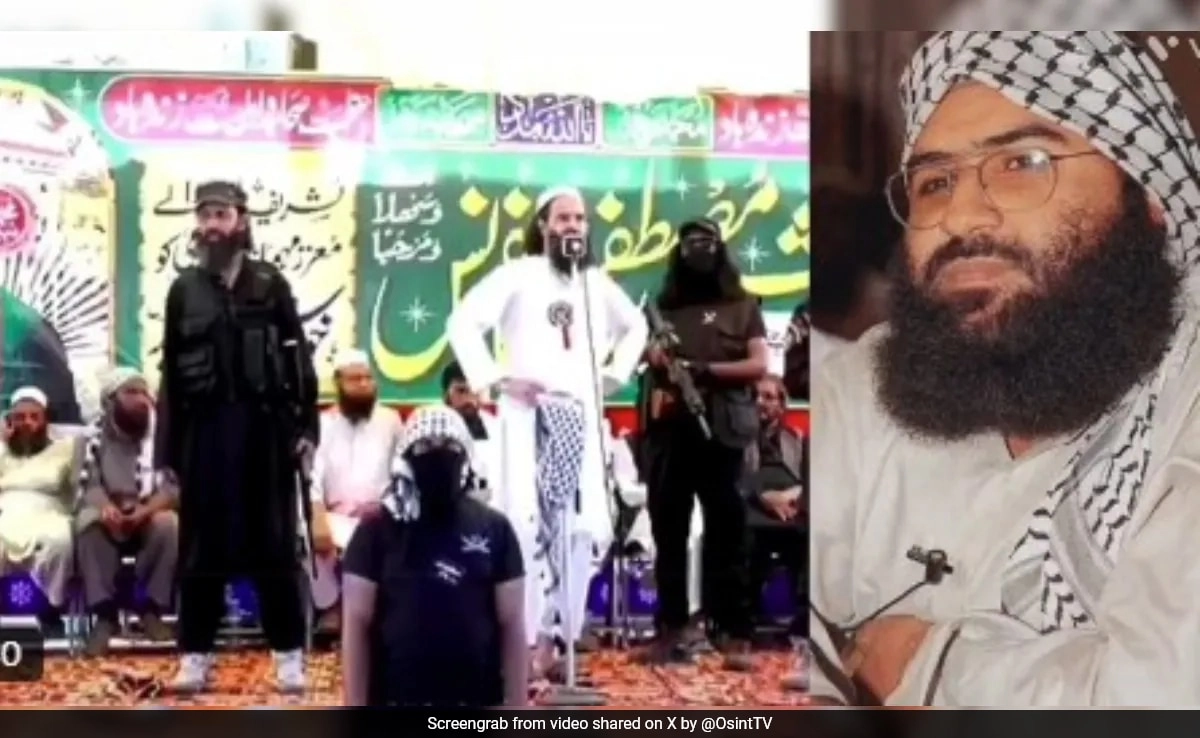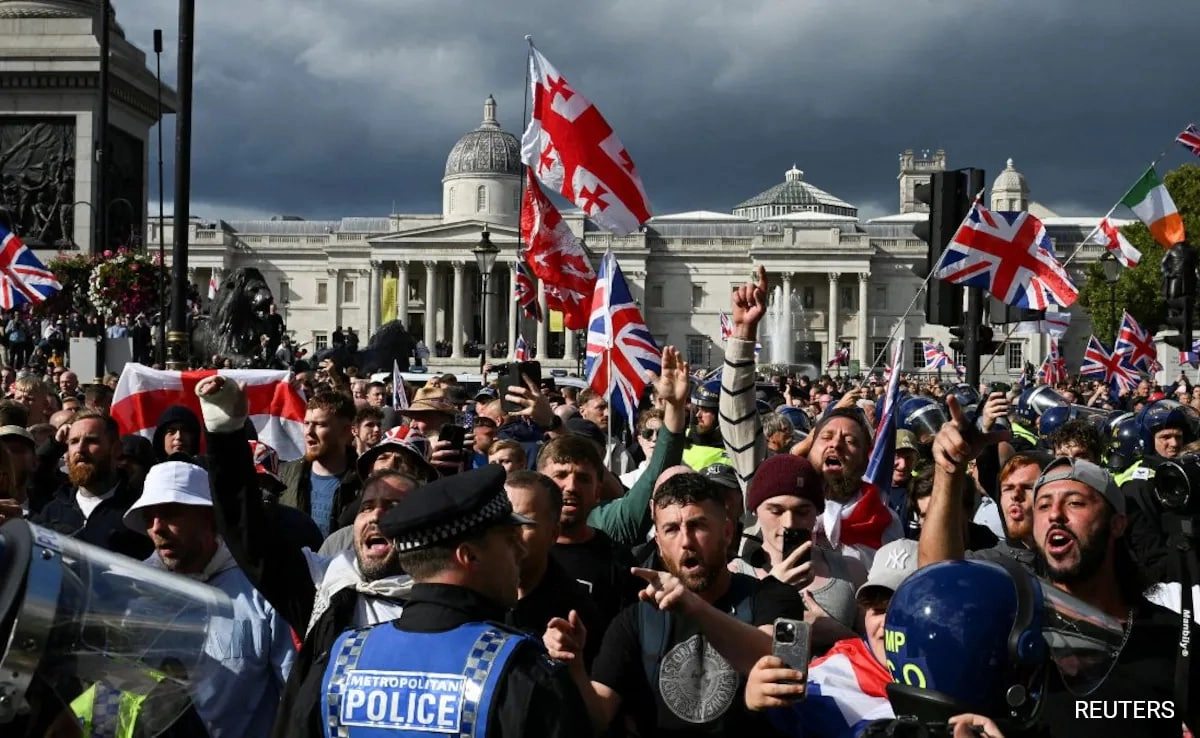In a recent video, a commander from Jaish-e-Mohammed, Masood Azhar’s militant group, has made a startling admission regarding the personal ramifications of their ongoing conflict. The commander reflected on the devastating impact of Operation Sindoor, which was launched against the group, leading to significant losses, including the disintegration of families. This candid acknowledgment not only reveals the human toll of the violence perpetuated by such organizations but also highlights the internal struggles faced by those involved in militant activities. The commander’s comments suggest a growing awareness within the ranks about the broader consequences of their actions, both on themselves and on their loved ones.
The video sheds light on the often-overlooked emotional and psychological strain that accompanies a life of militancy. Families are frequently torn apart by the violence, with members either killed in action or driven away due to the stigma associated with militant affiliations. The commander’s remarks serve as a poignant reminder that behind the façade of ideological commitment lie real people grappling with grief, loss, and the burdens of their choices. This personal reflection may resonate with other militants and their families, potentially sowing the seeds of doubt about the path they have chosen. As the conflict continues, it raises pertinent questions about the sustainability of such militant ideologies in the face of overwhelming personal and familial grief.
Moreover, the admission could indicate a potential shift within the organization, as leaders and members begin to confront the repercussions of their actions. The internal conflict illustrated by the commander’s words may lead to a reassessment of strategies and ideologies among militant groups. If members start to prioritize their familial connections and emotional well-being over the rigid adherence to militant objectives, it could pave the way for a change in dynamics within such organizations. The video serves as a crucial reminder that the fight against militancy is not merely a battle of arms but also a struggle for the hearts and minds of those caught in the crossfire. By acknowledging the human aspect of their operations, there may be an opportunity for dialogue and reconciliation, fostering a sense of humanity that transcends the cycle of violence.




